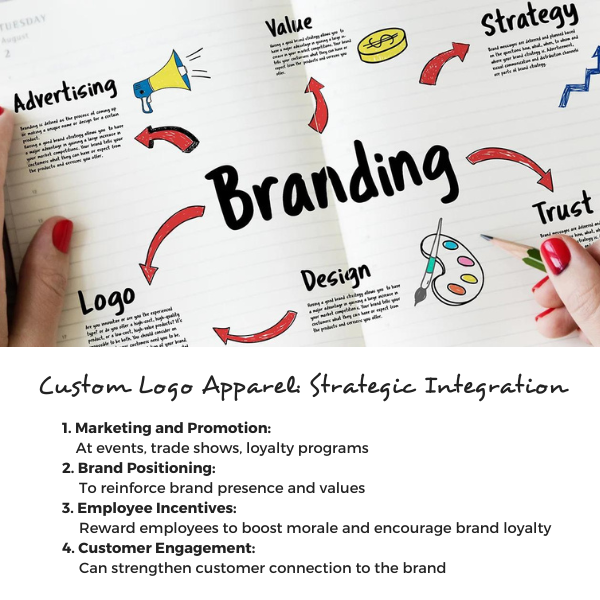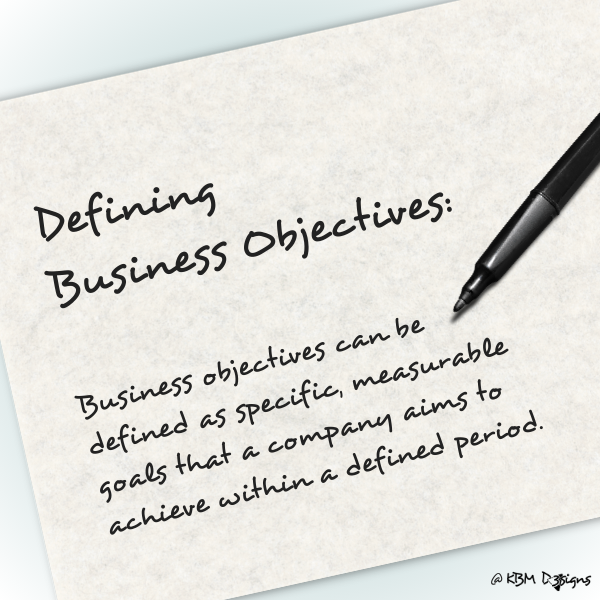In today’s tough market, a brand needs to stand out and be seen to be successful. The image of a brand is really important. A powerful brand makes people like it, stay with it, and trust it.

One way businesses make their brand look good is by using custom logo apparel, like jackets, hats, bags, T-shirts, polo shirts with a custom logo. It can be used to promote the company, get employees more involved, and strengthen the brand.
Brand image encompasses customers’ perceptions, including values, promises, and overall identity. A strong brand image can significantly impact customer loyalty, sales, and even stock value. Custom logo apparel plays a critical role in enhancing this image by making the brand more visible and professional.
Expanding the Scope of Custom Logo Apparel
While polo shirts are a versatile option, custom logo apparel includes a wide range of items. Here are some examples:
- Hats: Custom hats are great for outdoor events and casual wear, providing constant brand exposure.
- Jackets: Branded jackets are practical for colder weather and outdoor activities, enhancing brand visibility.
- Bags: Custom bags are useful for customers and employees alike, serving as mobile advertisements.
- T-shirts: A classic choice for promotional events and casual days, custom t-shirts can be worn by anyone.
- Uniforms: Complete uniforms can create a cohesive and professional look for all employees.
Strategic Integration into Business Strategy
Custom logo apparel can be integrated into various aspects of a broader business strategy:
- Marketing and Promotion: Use custom apparel as promotional items at events, trade shows, and as part of customer loyalty programs.
- Brand Positioning: Consistently using branded apparel helps reinforce the brand’s presence and values.
- Employee Incentives: Reward employees with branded apparel to boost morale and encourage brand loyalty.
- Customer Engagement: Providing customers with branded apparel can enhance their connection to the brand.
Enhance Real-World Applications
Building on the real-life examples, here is a more detailed look at how various companies have successfully integrated custom logo apparel into their business strategies:
- Nike: Known for its iconic swoosh, Nike uses custom apparel not only for employees but also as popular retail items. This strategy enhances brand recognition and customer loyalty.
- Google: Google employees often wear branded clothing, which reflects the company’s innovative and creative culture. This apparel is also available for purchase, further promoting the brand.
- Local Businesses: A local restaurant, for example, can have servers wear branded polo shirts, creating a professional image and promoting the restaurant simultaneously.
Implementation Strategies
Incorporating custom logo apparel into a business strategy requires careful planning:
- Design and Quality: Ensure the apparel design reflects the brand’s values and uses high-quality materials for durability.
- Distribution: Plan how and when to distribute custom apparel, whether as uniforms, promotional giveaways, or customer gifts.
- Internal Adoption: Encourage employees to wear branded apparel proudly by offering incentives and recognizing their efforts.
- Measurement and Feedback: Track the impact of custom logo apparel on brand recognition and employee satisfaction. Use feedback to continuously improve the strategy.
Conclusion
Using a variety of custom logo apparel can significantly strengthen a brand, engage employees, and connect with customers. By expanding beyond polo shirts and integrating apparel into broader business strategies, companies can enhance their brand image and achieve long-term success.
As trends evolve, incorporating eco-friendly materials and technology into custom apparel can provide a competitive edge. Ultimately, custom logo apparel is a powerful tool for reinforcing a brand’s identity in the minds of employees and customers alike.
-

What Is A Brand Partnership? – A Small Business Perspective
Read the post …: What Is A Brand Partnership? – A Small Business Perspective -

What Are Business Objectives?” Perspective Of A Small Business
Read the post …: What Are Business Objectives?” Perspective Of A Small Business -

What Is A Focus Group Market Research? – SMB Perspective
Read the post …: What Is A Focus Group Market Research? – SMB Perspective


